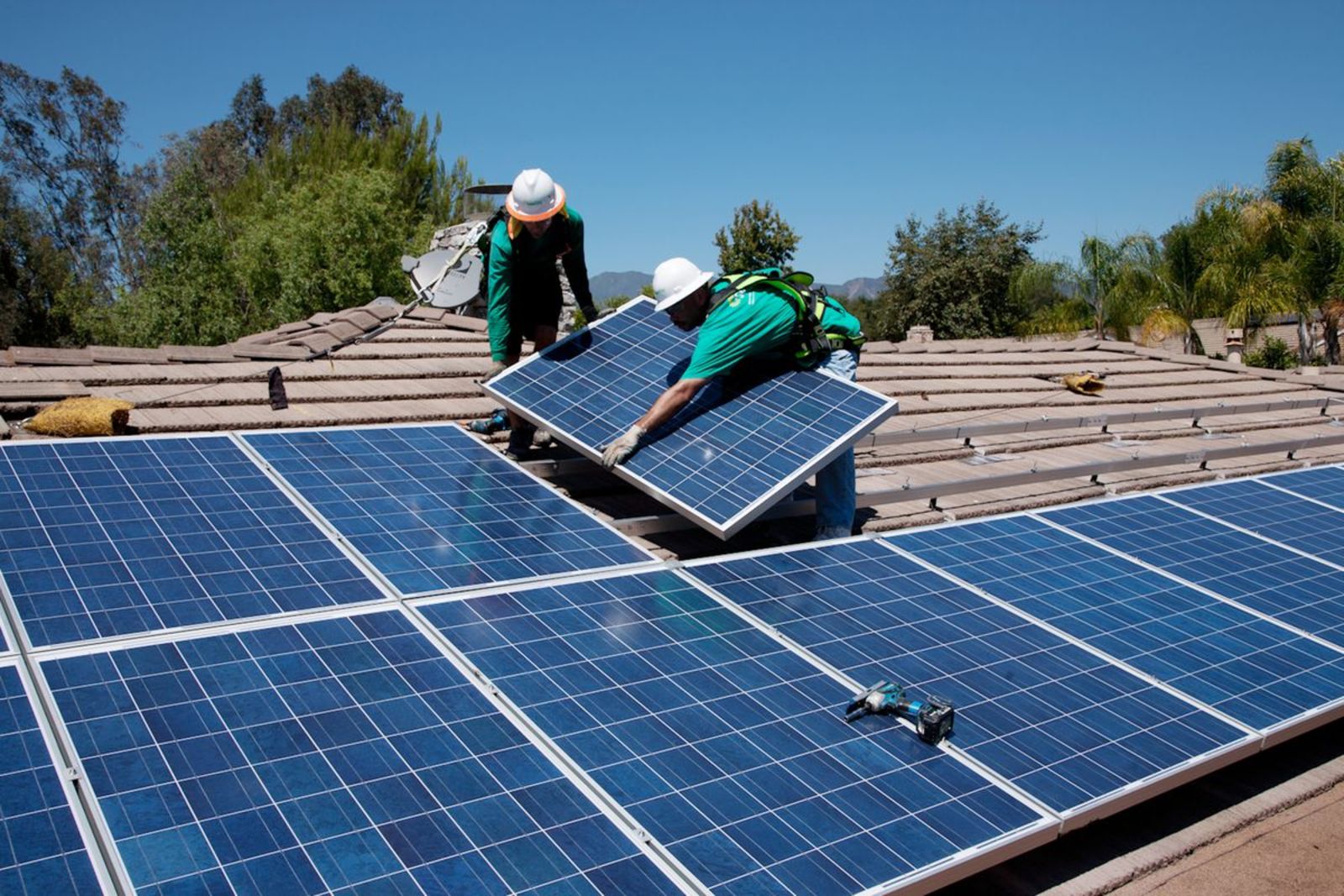Cheaper financing is the key to closing the global gap in renewable energy production

We have an inequality issue with global renewable energy generation. Cheap financing might help fix it. Renewable energy production is unevenly distributed around the world. Places like the US, China, Japan, Germany and the UK are home to about two thirds of the globe’s solar panels and wind turbines despite containing less than half the world’s population, according to data from Bloomberg and Global Solar Atlas. Last year these same five economic powerhouses were responsible for bringing online some 40% in additional global solar capacity and 45% more wind power — and it’s not because of an abundance of sunshine or wind.
Renewable technologies have become relatively affordable and borrowing costs in developed markets has made it even easier: A combination of low interest rates and supportive government policy has helped stimulate increased adoption of renewable energy sources in developed countries. For rich countries with low interest rates, renewable energy facilities are much cheaper to build out than a fossil fuel based equivalent, even if you’re barely getting any sun. Add a little policy incentive — feed-in tariffs to drive solar adoption (like we’ve done here), for example — and it makes perfect sense how fast renewables have been growing in these countries.
The situation in emerging economies is quite the opposite: Across much of the developing world, renewable tech remains expensive thanks to higher interest rates pushing up the costs of energy transition. According to the International Energy Agency, interest payments on the upfront costs of installing solar and wind facilities can account for up to half of the price it needs to be sold at to be economically viable.
Even more frustrating is the fact that these are places strategically positioned to be generating a lot of renewable energy: Indonesia currently has some 484k sqm of land viable for solar panel installation that could generate 18% more than what the entire world consumed in 2019. Instead, renewables contributed to a measly 0.07% of its domestic electricity generation in 2021.
And this same dynamic is unfolding closer to home: Egypt and the US have about the same average wind speeds but the energy the US captures from wind power is about four times as much as what Egypt generated in 2020 — equivalent to only around 1.6% of our energy mix.
At the root of the problem still remains the question of financing: Thailand for example is one country that has fallen behind its solar production capabilities largely due to the high cost of financing. If borrowing costs in Thailand were the same as they are in Germany (around 39% cheaper) the country could add 60% more power from new wind projects, according to Bloomberg projections. The same is true for India, which could produce an estimated 40% more renewable power this year if it enjoyed the same interest rates as Germany.
That’s expected to be a core theme at this year’s COP27: International Cooperation Minister Rania Al Mashat has said that the climate conference, scheduled to be held in Sharm El Sheikh this November, is a chance to emphasize that emerging markets need financial support to meet climate commitments and to bring innovative financing such as concessional lending. Al Mashat touched on how a general lack of resources continues to hold back certain countries from rolling out green projects.
The widening gap in renewable energy development will need to be filled with the help of richer countries and financing institutions: Although the past decade has seen steps in the right direction, with a majority of new capacity installations made in developing countries between 2017 and 2019, rich countries still had around four times more capacity per capita (at 880 watts per capita) than developing countries in 2019. And worryingly, 2019 witnessed a slowdown in both renewable installation growth and EM-focused clean-energy funds, which declined by 8% to less than USD 150 bn in 2020. For the world to get on track to reach net-zero emissions by 2050, that figure will need to be more than USD 1 tn by the end of the decade.